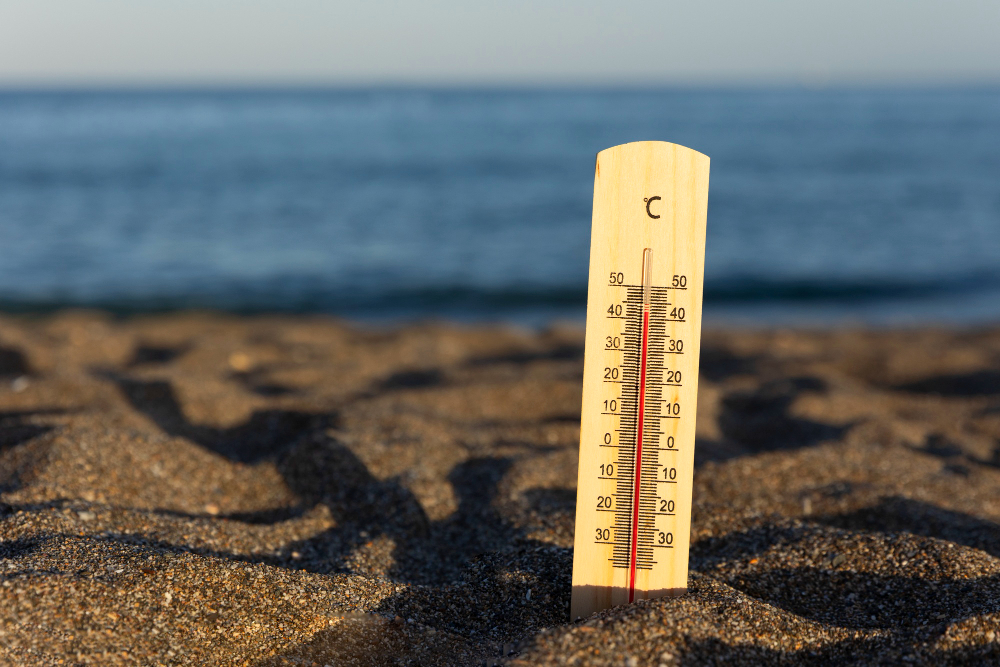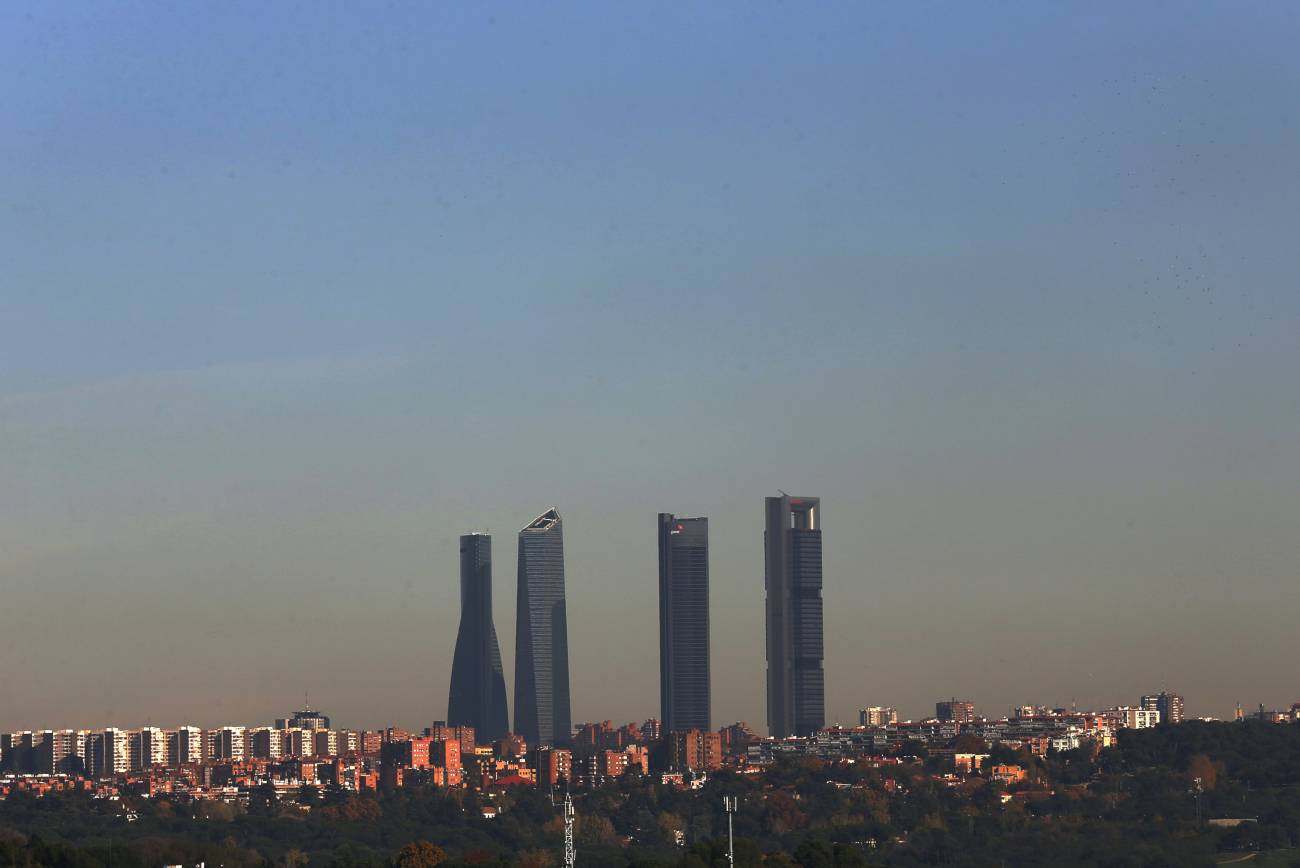A basic income for the entire population could double global GDP and cut carbon emissions, says study
In an analysis published in Cell Reports Sustainability, an international team of researchers proposes a regular cash payment for the entire world population, which could increase global Gross Domestic Product (GDP) by 130 %. According to the authors, this basic income could be paid for, in part, by a tax on carbon emitters, which would also help to reduce environmental degradation.









